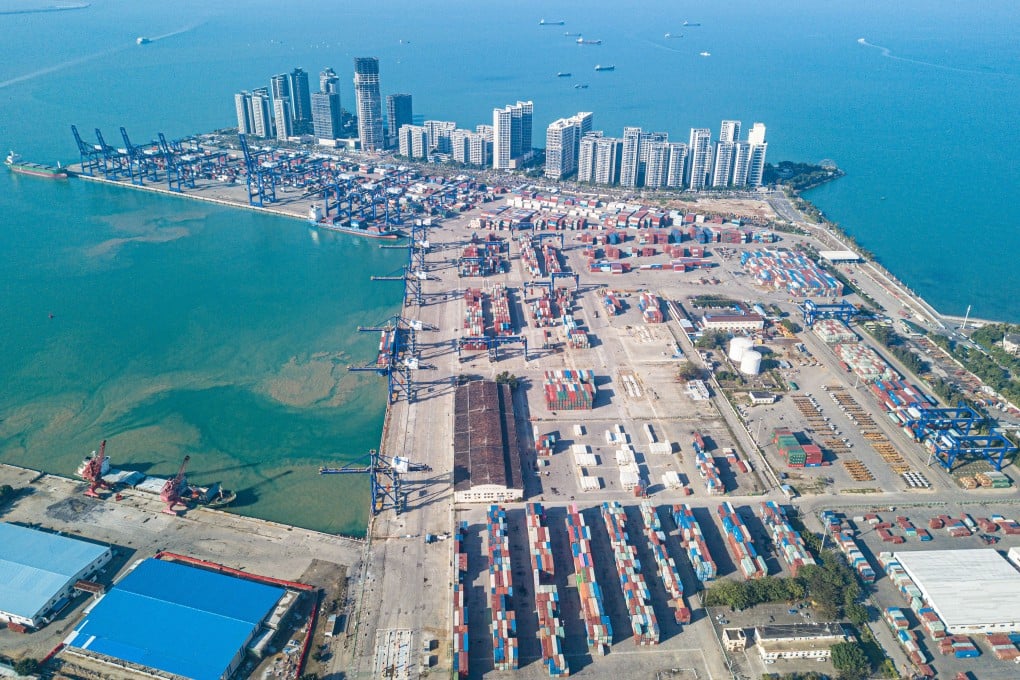Explainer | How will China’s Hainan free-trade port affect the Greater Bay Area and Asean?
- China plans to turn Hainan into the world’s largest free-trade port by 2025, using lower taxes and looser visa rules to attract investors, businesses and individuals
- For the most part, Hainan’s development will be complementary to Hong Kong and Guangdong, and open up trade opportunities with Southeast Asia

The free-trade port is expected to be a game-changer for China’s economy. The island will have a simplified visa policy for nationals from 59 countries, making it easier for foreigners to visit and do business.
It will also be a centre for offshore financing and duty-free shopping, making it competitive against the likes of Hong Kong and Singapore. While it poses challenges for the Greater Bay Area, which aims to link nine cities in Guangdong province, Hong Kong and Macau, it also presents numerous opportunities for collaboration.
What opportunities does Hainan’s development offer for the Greater Bay Area?
Competition with Hainan free-trade port is inevitable to an extent, as both regions will cultivate strategic industries such as advanced manufacturing.
But for the most part, Hainan’s development will be complementary to Hong Kong and Guangdong, as it will focus on tourism, hospitality and other service industries, while the Greater Bay Area is more focused on financial services.
Guangdong, a manufacturing and export hub, will be able to provide resources and exchange knowledge on talent recruitment and retention, scientific research, as well as investment.
